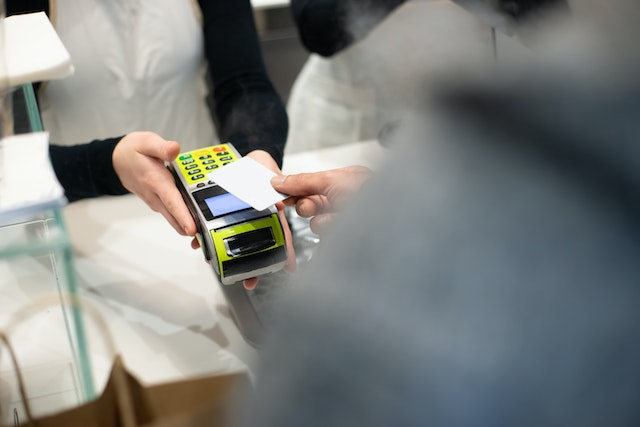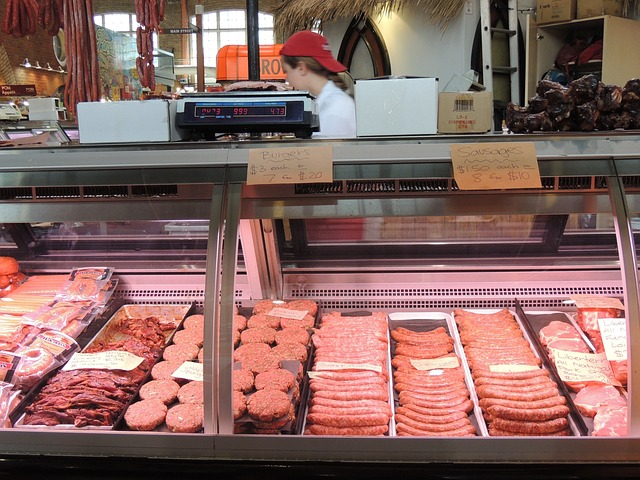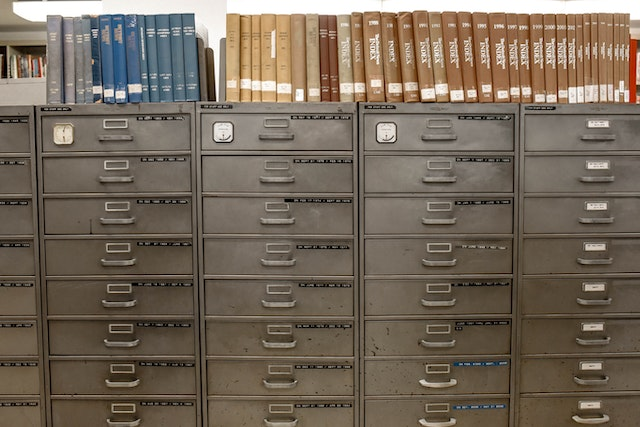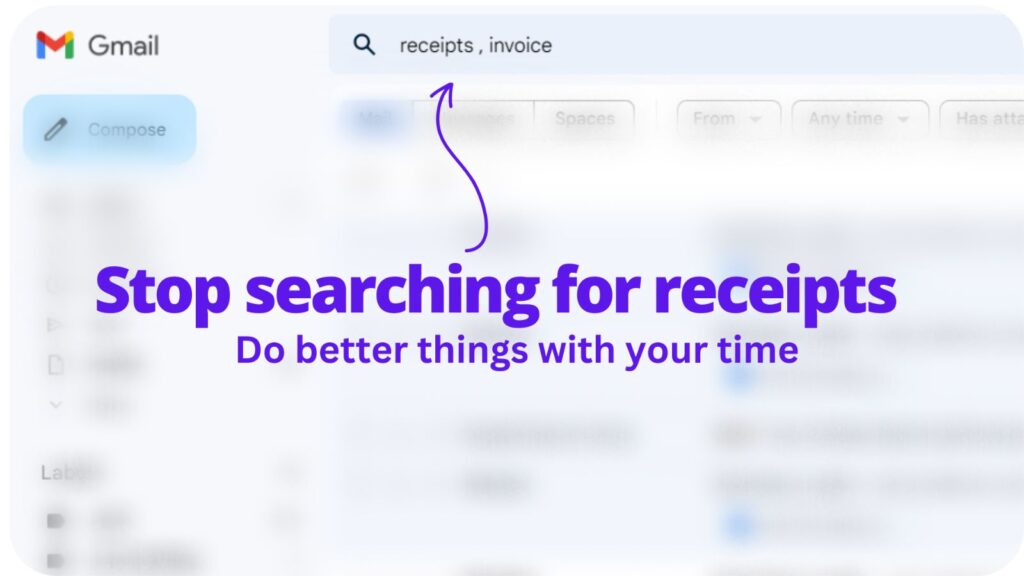Every restaurant, whether a small cafe or a large franchise, deals with a plethora of receipts daily. From customer bills to supplier invoices, these tiny pieces of paper or digital records play a crucial role in a restaurant’s financial and legal structure.
But one question that often arises among restaurant owners and managers is: How long should these receipts be retained? In this article, we’ll delve deep into the regulations, best practices, and the importance of keeping receipts for the right duration.
Why Do Restaurants Keep Receipts?
Restaurants have many receipts. But why do they store them? Receipts are important stories of a restaurant’s day. They show what food was sold and how much money was made. They are important records for restaurants.
The Importance of Transaction Records
Imagine you own a small restaurant. Every day, you sell many dishes. At the end of the month, you want to know how much money you earned. Receipts help you here. They show each sale. They give details about every purchase. In other words, they are a record of your business.
Moreover, understanding bookkeeping essentials for small businesses can be pivotal in managing and reviewing these receipts effectively.
Some receipts are more special, like credit card receipts. These receipts prove that a customer paid with a card. This is important. For instance, if someone says they didn’t buy a meal, the credit card receipt is proof. It shows they bought something from your restaurant.
Legal Implications and Requirements
There’s another reason to keep receipts: the law. Laws ask restaurants to keep records. This is to make sure restaurants report all their income. If they don’t, it can be a problem called tax fraud.
Receipts can be paper or digital. Both types are good. But they need to be kept safe. If someone gets a customer’s credit card receipt, it’s a risk. That’s why safety is important. It’s best to store them safely.
Sometimes, people might say they didn’t buy something when they did. If this happens, the credit card company might ask for proof. The receipt is this proof. It has important details like the date and the amount spent.
So, restaurants need receipts. They help remember sales and follow the law.
Types of Receipts Restaurants Keep
Customer Bills and Invoices

Restaurants deal with many customers daily. Every meal means a new bill. This bill tells customers how much to pay. It’s often called an invoice. Mostly, these bills are in paper form. Some places, however, give digital bills. But, either way, it’s an important record of sales.
Why keep them? Well, sometimes, a customer might forget how much they paid. Or they might question a charge. That’s when these invoices come in handy.
After all, they show what was ordered and the expense amount. Moreover, it’s proof of the transaction. So, it’s essential for restaurants to keep them. Especially, if there are false chargeback requests or disputes.
Supplier and Vendor Receipts

Restaurants don’t just sell food. They buy ingredients too. And every time they buy something, they get a receipt. This is from their suppliers or vendors. For instance, if a restaurant buys tomatoes, they get a receipt. This receipt shows the purchase details. Such as the date, amount, and cost.
These receipts are different from customer bills. But, they are equally important. For example, if there’s a problem with the tomatoes, the restaurant can check the details. Or, if they need to budget for next month, these receipts help.
Additionally, they assist during tax time. They prove the restaurant’s expenses. So, they are stored safely, sometimes in a locked room.
Payroll and Employee Expense Receipts
Restaurants have workers. Chefs, waiters, and cleaners. All of them get paid. And when they get paid, there’s a record. This is called payroll. It’s a list of all employees and their salaries.
Besides salaries, sometimes workers spend their own money for the job. Maybe they buy a kitchen tool or pay for parking. Later, the restaurant pays them back. This is called an employee expense.
Now, every time there’s an expense, there’s a receipt. These receipts are vital. Firstly, they ensure workers get the right amount. Secondly, they help the business owner track costs.
And, if there’s ever an audit, these receipts are checked. The irs might want to see them. To check if everything is honest and correct. Therefore, restaurants keep them safe. Often, for at least three years.
Duration Restaurants Keep Receipts: The Breakdown
Short-Term Receipts: Less than a Year
Some receipts don’t stay long. Restaurants keep them for only a short time. Maybe less than a year. For example, daily transactions. Like when customers pay with credit card receipts.
After the sale, these receipts go to credit card receipt storage. But, not for too long. A few months pass, and they might get thrown out. However, they first make sure no customer has issues.
Additionally, restaurants also keep track of expenses. Sometimes, they buy small things. Like kitchen tools. Or maybe some decorations. These purchases also come with receipts. But they aren’t kept for very long. Above all, it’s because they are small costs. After a few checks, these receipts can be tossed.
Mid-Term Receipts: 1-3 Years
Now, some receipts stay longer. Not too long, but for a bit. Think of 1 to 3 years. Restaurants, especially small businesses, are careful with their financial records.
Every year, businesses file tax returns. The IRS might want proof of earnings and costs. So, these receipts are proof. They show income, costs, and other financial information.
Also, think about merchant accounts. Restaurants get many credit card payments. Sometimes, there might be an issue. Maybe a customer claims they didn’t eat there. Or the amount charged is wrong. These situations need proof.
And that’s where the receipts come in. Keeping them for a few years is safe. After all, it’s better to be ready if a problem pops up.
Long-Term Receipts: More than 3 Years
There are some receipts restaurants keep for a long time. We’re talking more than three years. Some even forever.
Firstly, big expenses. Maybe the restaurant bought an oven. Or a big fridge. These are major costs. They have to be tracked for a long time. And, the receipts help with that. They are stored safely, often in files or a locked area.
Sometimes, the irs might want to look deep into a restaurant’s past. They might get audited. That’s a big check of all money matters. Every sale, every cost. And for this, old receipts are gold. They prove everything was done right. So, it’s super important to keep these receipts.
Methods Restaurants Keep Receipts Organized
Physical Storage Solutions

Imagine a big box. Restaurants sometimes use it to store things. Especially paper receipts. Why? They’re easy to find later. Additionally, these boxes keep things neat. There’s a special folder inside. Restaurants sort receipts by date or purchase type.
Now, think of a file cabinet. Restaurants have many. They keep their credit card receipts in them. And store other important papers too. For example, receipts with sensitive information from a credit card company.
Above all, safety is key. Some receipts can’t be lost. Like those kept for longer periods. Or maybe for at least three years. Why? They might be needed for a tax return. So, they are kept locked up. Away from prying eyes. And, in a cool, dry place. This way, they last longer.
Digital Storage and Cloud Systems

Computers are cool. They store lots of things. Including receipts. Some restaurants scan their papers. They change them into pictures. Or files.
Afterward, they save them on a computer. It’s a smart move. Paper can get lost. Or damaged. But, computer files? They stay safe. Especially with backups. Like a copy in another place.
Then, there’s the cloud. But, a digital one. It’s like a big online cupboard. Restaurants use it to keep files. Including transactions or customer credit card receipts.
After all, it’s a place they can access anytime. From anywhere. Even from their phones. All they need is the internet. And a password. Above all, it’s super secure. Only they can see their stuff.
Lastly, it’s easy to find things. On a computer, you can search. Type what you need. And, it pops up. No need to search for hours. Or days. Also, digital storage is green. No trees get cut. So, it’s better for our planet.
Challenges Faced When Restaurants Keep Receipts Too Long or Too Short
Risks of Extended Storage
Storing stuff takes space. Think of a room full of toys. After a while, it’s too much. Likewise, restaurants have tons of paper receipts. Keeping them all? Not always good.
Why? Firstly, it costs money. Big cabinets. Safe rooms. All to keep credit card receipts safe. And then, there’s the time. Searching through old papers isn’t fun. Especially when you need just one receipt.
But wait, there’s more. Ever heard of worthless securities? No? Well, they’re old papers. Not needed anymore. But, still stored. They just sit there. Taking up space. Above all, they’re risky. How? Bad people might find them. Use them wrongly. And, the restaurant gets in trouble.
Penalties of Inadequate Retention
Now, imagine this. A restaurant throws away a receipt. But, later they need it. For instance, the IRS might come. They want to check the tax return. The restaurant looks everywhere. No receipt found. This is bad.
Why is it bad? Because the IRS wants proof. They want to see where the money went. And if a restaurant can’t show them? Big fines. Lots of money gone. After all, it’s a rule. Businesses need to show their records. When asked.
But, it’s not just the IRS. Think of a customer. They say, “I paid with a card.”. The restaurant says, “No, you didn’t.”. Who’s right? The credit card receipt can tell. But, if it’s gone? The restaurant loses. They might refund money. Even if they shouldn’t.
Additionally, banks might ask questions. Like, “Why this transaction?” No receipt? Then, no answer. And that’s a problem.
Case Study: How Top Restaurants Keep Receipts Efficiently
Success Stories from Industry Leaders
Big Restaurant A had a simple rule. They said, “We are keeping credit card receipts: But how long?” They chose to keep it just as long to keep it safe from the IRS.
Why this time limit? Well, after that, the audit risk is low. And it helps with space. Think about it.
Then, there’s Restaurant B. They went digital. No more paper mountains. They scanned all records. They used a merchant account to save digital copies. Smart, right? It’s like taking a photo of your art and saving it on a computer.
What if they need an old receipt? Easy. They search and print. No digging through big folders. It’s quick, like finding your favorite song on a playlist.
Restaurant C had another smart move. They hired an accountant. This person knows a lot about taxes and income. So, they trusted him to decide which receipts to keep. And which to toss. It’s like having a guide in a jungle. Someone who knows the way.
For instance, the accountant said, “Keep other documentation too.” So, they saved not just receipts but also bills and invoices. This way, they’re ready. Ready for what? For any request from the bank or IRS.
All these restaurants had one thing in common. They made it simple. Like a clear, clean room. Only the important stuff stays.
Additionally, they trained their team. Every waiter, cashier, and manager knew the rules. How? Regular meetings and reminders. Like how teachers remind students about homework. Everyone was on the same page. And they worked together.
FAQ
How can omitted income become a problem for a restaurant?
Omitted income refers to unreported or missed earnings on a tax return. If a restaurant fails to report all its earnings, it can lead to tax fraud allegations. Keeping receipts, therefore, ensures they can validate their declared income to the IRS or any other tax agency.
If a business gets audited, how can receipts help?
During an audit, the IRS or bank may request a detailed account of a business’s financial transactions. Receipts act as a concrete record of sales, purchases, and other business-related expenses. They demonstrate that the business has been operating transparently and within legal parameters.
Are digital receipts as valid as physical ones?
Yes, digital receipts are just as valid as their physical counterparts. Many businesses are now opting for digital record-keeping. They’re easier to store, search through, and are less prone to wear and tear.
However, it’s essential to ensure these digital records are backed up and protected from potential cyber threats.
Final Thoughts
All in all, the practice of keeping receipts in the restaurant industry is not merely a business custom. It’s a necessary measure to ensure financial transparency, legal compliance, and security against potential discrepancies.
Whether it’s a signed credit card transaction from a customer or an invoice from a supplier, these documents provide a detailed snapshot of a restaurant’s financial health.
As we’ve seen, different types of receipts have varied retention requirements. While some may only need to be kept for a few months, others should be kept for years or even indefinitely.
It’s paramount for restaurant owners and managers to understand these requirements. After all, in the event of an audit or a dispute, having easy access to these records can mean the difference between a straightforward process and a prolonged, complicated ordeal.
The primary goal is to know how to organize receipts and to maintain an easily accessible system of record-keeping that protects both the business and its customers.

Collect receipts from your email automatically!
Try WellyBox - your AI assistant for receipts


